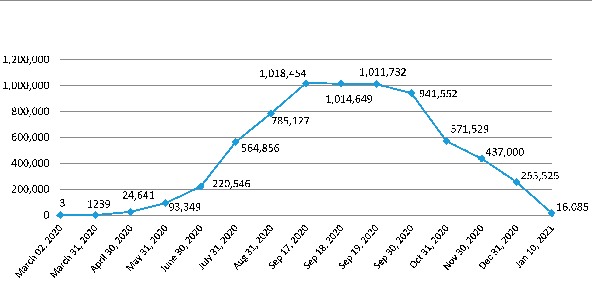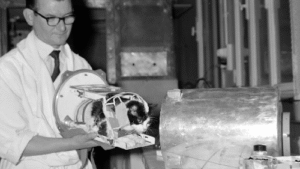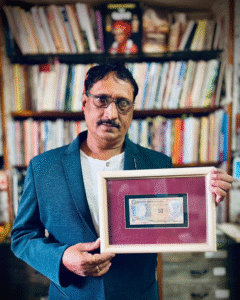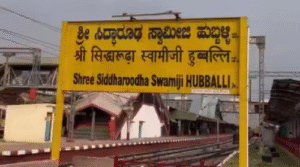India’s public health data collection reached an unparalleled milestone with the Annual Health Survey (AHS), conducted between 2010 and 2013, officially recognized as the largest health survey ever conducted in the country, covering over 4.3 million households annually across nine high-focus states.
Launched under the National Rural Health Mission (NRHM) and executed by the Office of the Registrar General of India (RGI), the AHS was a game-changer in collecting district-level health indicators, with special focus on maternal and child health, fertility, and mortality rates. The survey spanned across 284 districts in Bihar, Uttar Pradesh, Madhya Pradesh, Rajasthan, Jharkhand, Chhattisgarh, Odisha, Assam, and Uttarakhand—states identified for urgent health interventions.
Experts have hailed AHS as a pioneering effort in decentralized public health data collection. “No other health survey in India, before or after, has matched AHS in terms of sample size or the level of detail at the district level,” noted Dr. Sangeeta Mishra, a public health analyst. “It provided real-time inputs to shape local and national health policies.”
- Covered over 20 million individuals annually.
- Surveyed approximately 4.3 million households each year.
- Enabled tracking of critical indicators like infant mortality, immunization, institutional delivery, and contraceptive use at the micro level.
Although the AHS was discontinued after 2013 with an intent to strengthen other systems like the Sample Registration System (SRS) and National Family Health Survey (NFHS), its legacy continues to influence data-driven policymaking.
Today, as India moves toward more integrated digital health platforms under Ayushman Bharat and the National Health Stack, the AHS serves as a reminder of what is possible when scale meets purpose.
“For public health to work in India, we need AHS-level commitment to data,” says Dr. Pradeep Singh, former MoHFW advisor. “Reviving such district-level surveys could accelerate India’s journey to universal health coverage.”







